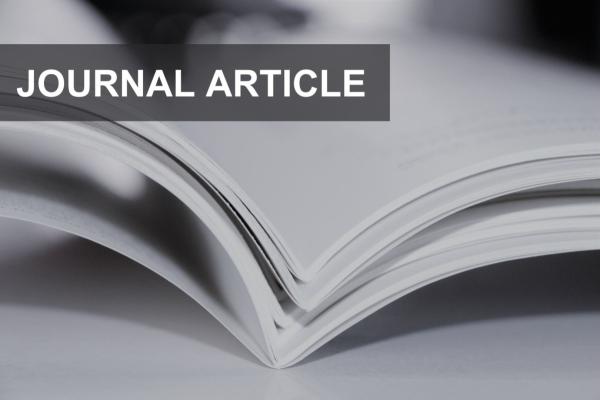
Haaß, Dr. Felix (2019): „The democracy dilemma. Aid, power-sharing governments, and post-conflict democratization“, in: Conflict Management and Peace Science, 38 (2), 200-223.
peer reviewed
peer reviewed
Kurze Beschreibung / Abstract:
How does development aid shape democracy after civil conflicts? I argue that political aid conditionalities and the economic utility that recipient elites gain from office give rise to a rent-seeking/democracy dilemma: recipients can initiate democratic reforms but also risk uncertainty over office and rents. Or they can refuse to implement such reforms, but risk losing aid rents if donors reduce aid flows in response to failed democratic reforms. This dilemma is strongest in power-sharing cabinets. By granting rebel groups temporally limited access to the state budget, such cabinets intensify elites’ rent-seeking motives. Thus, aid-dependent power-sharing elites will hold cleaner elections, but also limit judicial independence and increase particularistic spending to simultaneously reap aid benefits and remain in power. I find statistical support for this argument using data on aid flows and power-sharing governments for all post-conflict states between 1990 and 2010.
Erscheinungsdatum:
Forschungsbereich:
Konflikt und Fragilität
Sprache: English
Zur Publikation
